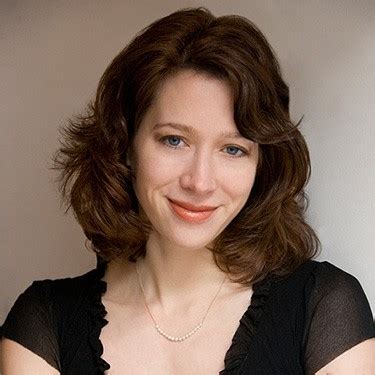A Quote by Eric Metaxas
In some sense, there is no such thing as writing for children.
Related Quotes
I guess one of the most magnificent things a novel can do is to change your perspective on the world, and to give it some sense of wonder, and that's what I find so exciting in writing fantasy, especially fantasy for children. Because already, I think children have a very special and unusual way of seeing the world.
The only thing I might have noticed [and this is pretty anecdotal] is that there is some tendency to need to be taught that 'writing is rewriting' - maybe more of a sense than was pervasive 10 years ago that the first or second pass of a story is sufficient. That is an idea that is easily dislodged, but I suspect it might have something to do with the turnaround time re: blogging and so on - this sense that there is some essential truth about a first draft that one runs the risk of "ruining" by coming back to it.
Whether it's writing a monologue or writing standup or writing a screenplay or writing a play, I think staying involved in the creation of your own work empowers you in a way, even if you don't ever do it. It gives you a sense of ownership and a sense of purpose, which I think as an actor is really important.
I guess it must be a time-of-life thing, looking back and trying to make some sense of who I am and where I've been. It's a weird thing, having to give an account of yourself, to try to make sense of yourself for yourself. I'm not that old, but I have been writing fiction professionally for a long time now. I started so young and went so hard for so long. And I guess it was about feeling I had the space to look over my shoulder.
I'm always loath to make generalizations about what is for children and what isn't. Certainly children's literature as a genre has some restrictions, so certain things will never pop up in a Snicket book. But I didn't know anything about writing for children when I started - this is the theme of naïveté creeping up on us once more - and I sort of still don't, and I'm happy that adults are reading them as well as children.



































